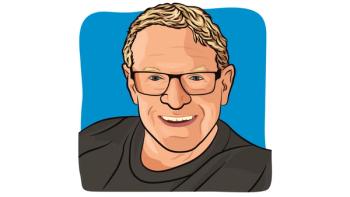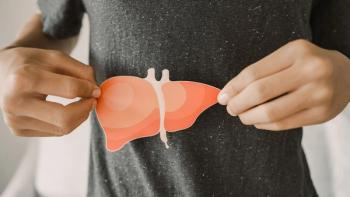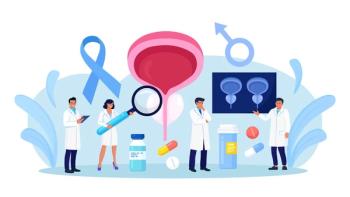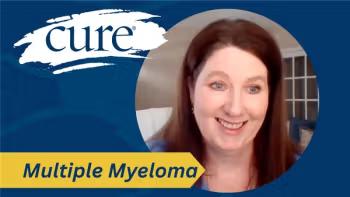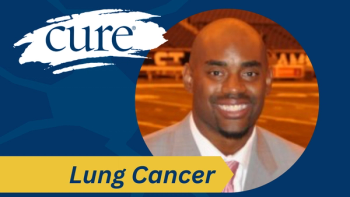
The Importance of Data Knowledge in Cancer Care
Communication between health care professionals and institutions can be vital to ensure the best treatment possible.
When I think back to when my sister had cancer, I now know just how lucky we were that she was only treated at two hospitals and two clinics. And we were even luckier that they were within the same hospital system. It was sometimes difficult to get her teams to converse and for everybody to be on the same page, but I can only imagine how much more difficult that would be had she been bouncing within multiple clinical agencies.
When originally told that a transplant was needed, we were sent to consider a hospital outside of her main system. Thinking about the complexities of data sharing wasn't even on my mind when we had our first consultation with them. The thought of how a new team was going to read her care notes and suddenly understand the complex patient that was before them was secondary to the vast amount of information that I was trying to gather to prepare for all that ahead of us.
When she was finally approved to transplant, we ended up staying within the hospital system that she had been cared for since diagnosis. Looking back, it was hard enough for a new team to come in to transplant having had her at a singular hospital for all her inpatient treatment. I can't even imagine how difficult it would have been to transfer care notes and for a new team to learn the nuances that came with caring for my sister.
The reality with caring for a patient is that each cancer patient is unique in their own way. When any patient enters a clinical setting, from the moment they begin speaking, somebody begins to chart. The health care team records things that are seen and heard, and that begins a data collection that a patient will carry with them throughout their entire treatment of cancer and beyond. Those caring for them use that data to provide the best care possible.
A lot of hospital systems have their own patient portals where you can monitor your own health records, print them and take them to a new physician. I always would ask that an office send a courtesy copy to my sister's original oncologist, so we always make sure he was staying up to date with her broader care that occurred outside of his scope of practice.
Hopefully in the future, thanks to the data sharing portion of the Cancer Moonshot initiative, sharing outside of a clinical or hospital system will be more free-flowing and widely accessible. With that said, just like anything new, this, too, will take time to become a reality. In the meantime, I would greatly encourage all patients and those caring from them to be their own best advocates.

